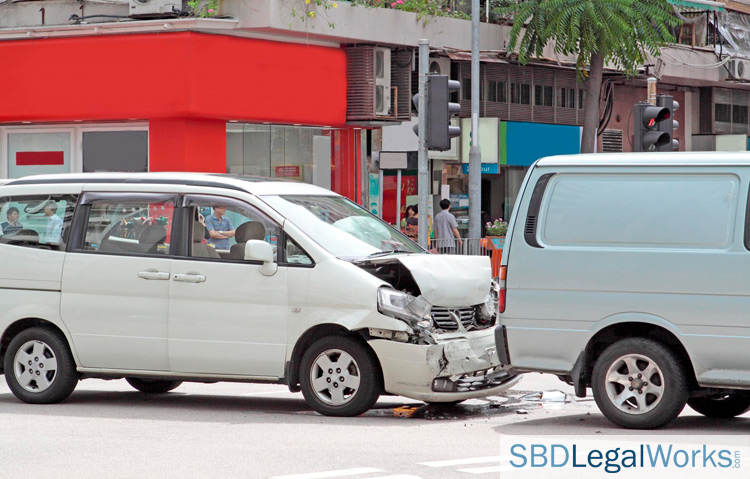
With more jobs becoming flexible and work-from-home, along with the rise of the so-called “gig economy,” the lines between what’s on the job and what isn’t are often blurry.
Sometimes this distinction can just be a battle for personal boundaries, but other times those lines have real dollars attached them—like when you get in a work-related car accident and are faced with issues of workers’ compensation.
There are many factors that affect liability, but outlining a few basics is a good place to start.
If your accident happens in the normal course of commuting to and from the office, it is not work-related.
If you run an errand for your boss on business hours, it is work-related. The same goes for a sales rep driving to meet a prospect.
But between these examples of clarity is a very large gray area and it’s important to understand your rights and responsibilities.
For example, what if you agree to run that errand for your boss on the way in or back on your commute? Then, it’s work-related and subject to the employer’s insurance policy.
What if the errand is during business hours, but you make a side venture to pick up a few groceries? Now it’s back to being on you.
There are gray areas in the example of the sales rep, too.
For example, if they are mostly traveling and therefore make their living out of the office, the once-a-week commute they make to check-in at the office might be considered work-related.
On the flip side, the pizza delivery person that uses their personal car for work probably needs to purchase additional protection for on-the-job coverage.
Details are important and context matters when it comes to understanding responsibility for a work-related car accident.
Contact a workers’ compensation lawyer if you have questions about your claim.